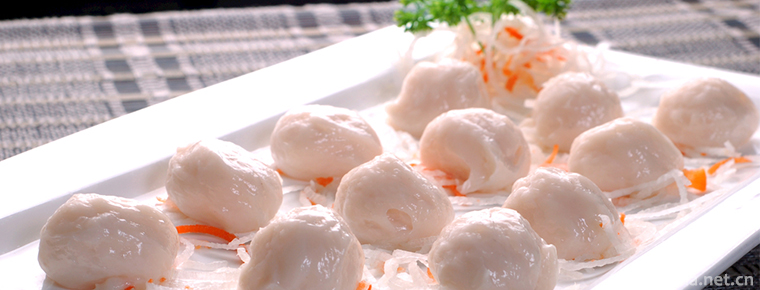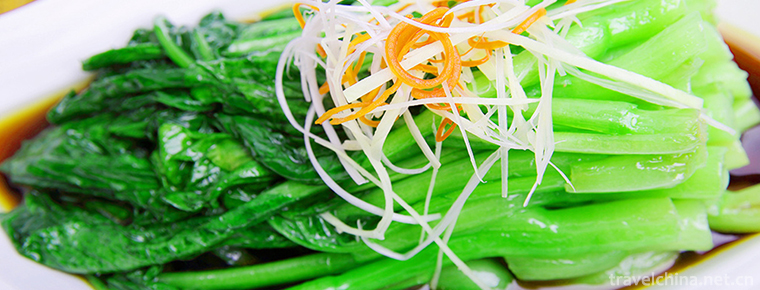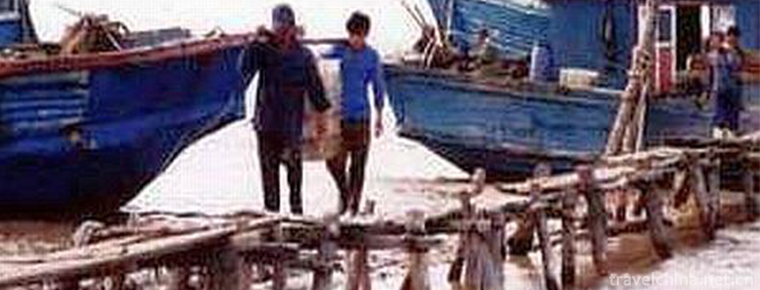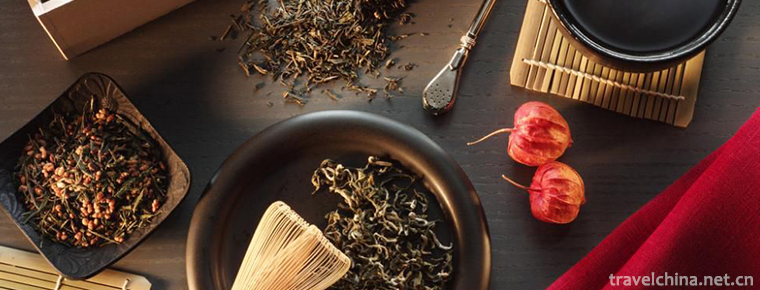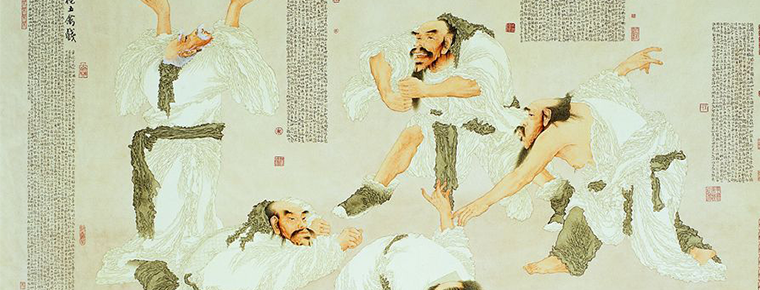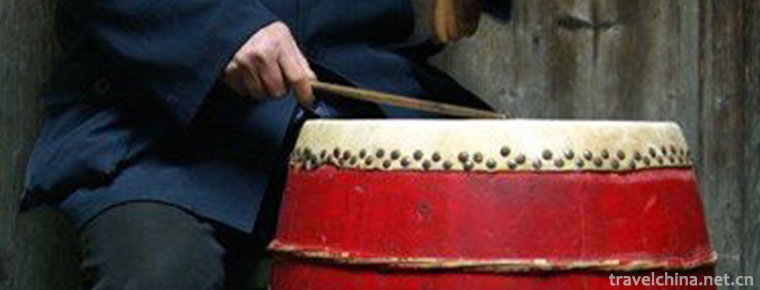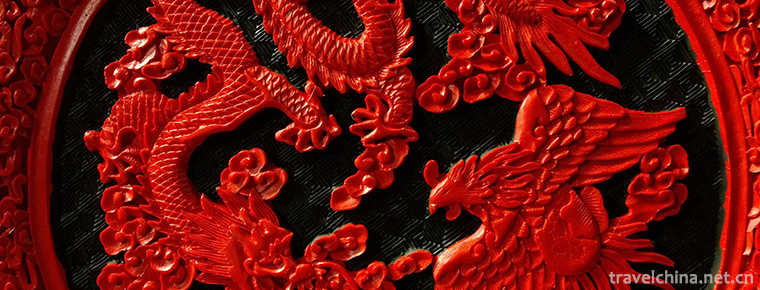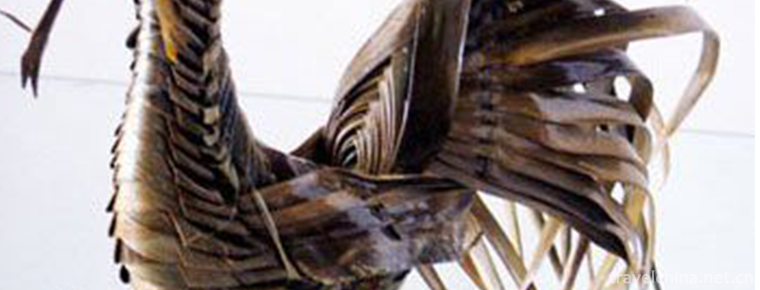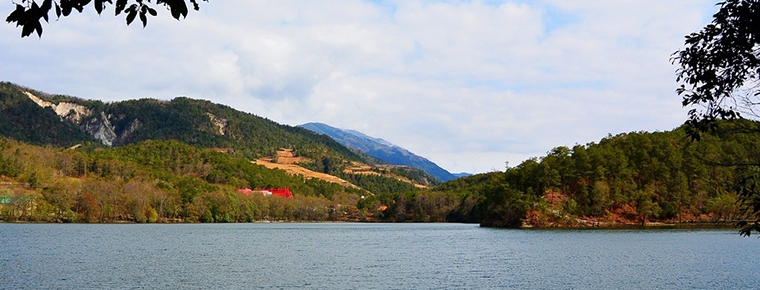Tongwei Opera
Tongwei Opera
Tongwei Xiaoqu Opera is a kind of traditional Xiaoqu Opera popular in Tongwei County. In the Ming and Qing Dynasties, Tongwei folk artists absorbed various flavors of Longdong Daoqing, Wanwanwanqiang and folk songs on the basis of Shaanxi, Gansu, Ningxia and Qinghai folk songs, and continuously enriched and developed them. The local flavor is strong, the script story is simple and easy to understand, which embodies the people's simple and kind, loyal and honest human nature characteristics and the persistent spirit of pursuing good love between men and women.
In 2011, it was selected as the third batch of national intangible cultural heritage list.
Inheritance Significance
People's Daily once criticized that flute music creation is too original nowadays. Some composers and performers pursue novelty, novelty and novelty blindly and deviate from the life of the general public. They cited two examples of "Pushing the Whip to Urge Horses to Transport Food Busily" and "New Pastoral Song", saying that nowadays no flute can surpass these two works. Why is that? I think today's composers and performers are all above the high level, earn extra money with high wages, enjoy the convenience and speed of metropolis life, and take the western music theory and technique as their own "Bible", who can really go deep into the folk to absorb the nourishment of folk music and traditional music, this is the essence and essence of our music culture. "Pushing the Whip to Urge Horses to Transport Grain Busy" is based on the Northeast music "Herdsmen's New Song" from the Mongolian people, in addition, there are numerous similar examples. Throughout those works with long-term artistic vitality and influence, all of them are permeated with folk music materials from the masses.
Finally, we think that folk songs like Tongwei Xiaoqu have their own value and significance. We must attach importance to it, study it and use it to serve our research and music creation.

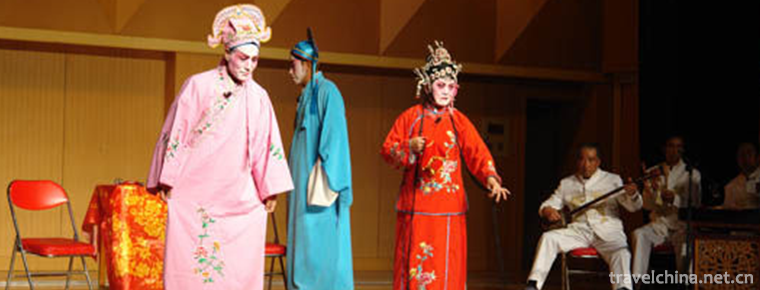
-
Fish Ball
Fish balls, also known as "fish wrapped meat", are mixed up with eel, shark or freshwater fish, mixed with sweet potato starch (* starch), and then wrapped.
Views: 235 Time 2018-11-02 -
Boiled Chinese flowering cabbage
Boiled cabbage is a traditional dish in Guangdong province. It is a Cantonese cuisine. This dish is crisp and tender in quality, unique in flavor and rich in nutrition. .
Views: 136 Time 2018-11-02 -
Folk Stories of Ancient Fishing Goose
Ancient fishing geese folklore is a local folklore story based on fishery culture, which originated and spread in the Erjiegou area of Liaohe Estuary, Dawa County, Panjin City, Liaoning Province. .
Views: 236 Time 2019-05-01 -
Black Tea Production Techniques
Black tea, originally known as "Border Tea", was smuggled across the border by merchants as early as the end of the 16th century. In the Ming Dynasty, black tea was designated as.
Views: 112 Time 2019-05-03 -
Huatuo Wuqin Opera
Huatuo Wuqin Opera is a set of guiding techniques compiled by Huatuo, a famous physician in the late Eastern Han Dynasty, according to the principles of traditional Chinese medicine,.
Views: 93 Time 2019-05-04 -
Lishui drum words
Lishui Drum Ci is a popular rap art in Liandu and its surrounding areas in Lishui City, Zhejiang Province. Lishui Drum Ci originated from the Tang Dynasty. During the reign of Emperor Li Shimin, it wa.
Views: 334 Time 2019-05-13 -
Sho Dun Festival
The Shirton Festival is a traditional religious festival of Tibetan people in Tibet, Qinghai, Gansu, Sichuan, Yunnan and other provinces and regions. It is mostly held in early February, mid-April or .
Views: 166 Time 2019-07-09 -
Yangzhou lacquerware decoration skills
Yangzhou lacquerware painting process is cumbersome, the step is "batch putty scrape gray, brush paint and push light". During the Warring States Period, Yangzhou lacquerware decoration tech.
Views: 203 Time 2019-07-10 -
New brown leaf weaving
Xinfang Brown edition is one of the traditional handicraft products in China. It has entered the third batch of national intangible cultural heritage list recommendation project list. It originated in.
Views: 472 Time 2019-08-16 -
Yi sea
The Yi sea is also known as the fish sea, and the local Yi people are called Su pin. It is located in Yangping mountain, Yihai Town, 40 km north of Mianning County. It is 330 km away from Chengdu, the capital of Sichuan Province.
Views: 123 Time 2020-10-15 -
Zigong Salt History Museum
Zigong Salt History Museum is located in the center of Zigong, Sichuan Province. It was built in 1959. It is one of the earliest professional museums in the history of Chinese museum development. It is still the only Museum of salt history in China. On May 18, 2017, it was promoted to the third batch of national first-class museums. .
Views: 165 Time 2020-10-15 -
Yibin landform
The topography of Yibin City is high in the southwest and low in the northeast. In the west, there are yuxu of Liangshan and Xiaoliangshan, and Laojun Mountain is the highest point of Wuzhi Mountain in Pingshan County with an altitude of 2008.7 meters;.
Views: 284 Time 2020-12-18
